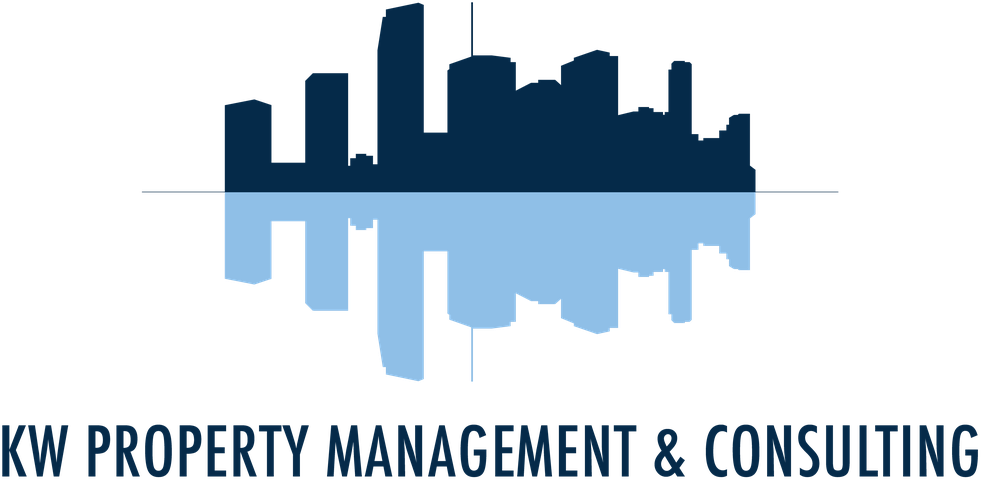A bill in the Florida Legislature would bar condo and homeowner associations from passing on to buyers and sellers the costs of drawing up a document to confirm outstanding charges tied to a property, in a service the measure’s author said associations should offer for free.
Click the image above to read the full article.

